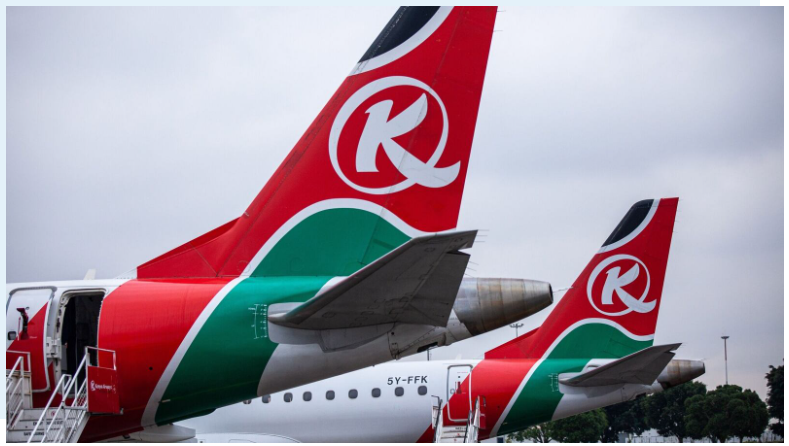 Kenya Airways Plc, the state-controlled national carrier, wants to gain some control of the capital’s biggest airport even as authorities discuss concessions with private players to run the regional aviation hub.
Kenya Airways Plc, the state-controlled national carrier, wants to gain some control of the capital’s biggest airport even as authorities discuss concessions with private players to run the regional aviation hub.
The Kenyan government has received a privately initiated proposal from a unit of Adani Group to revamp the airport first built in precolonial Kenya, which critics of the deal say would grant it a 30-year concession for an investment of just $1.85 billion.
Nairobi’s Jomo Kenyatta airport, or JKIA, requires urgent expansion due to increasing passenger and cargo traffic, with current numbers exceeding its design capacity, the carrier’s Chief Executive Officer Allan Kilavuka, said.
Right now, we don’t have control of that, it becomes very difficult for us, because we have to rely on others. So we would desire some sort of control.
By 2054, JKIA is expected to handle 32 million passengers and nearly one million tons of cargo, compared to 8.6 million passengers and 367,000 tons of cargo currently. The facility is designed to cater for two million passengers and the government estimates development of a new passenger terminal, second runway and refurbishment of existing facilities is will cost $2 billion.
In 2019, Kenya Airways, more commonly known as KQ, pitched to run JKIA for three decades, a bid rejected by the Kenya Airports Authority, which queried the airline’s financial muscle and technical ability to run the operation.
KAA now seeks to lease the airport. That model must not inflate KQ’s operating costs otherwise the carrier will lose its competitiveness, Kilavuka said. Adani’s proposal for a 30-year concession led to protests in Kenya over the deals’ transparency and potential job losses – which provoked a one-day strike by aviation workers.
KQ plans to grow its joint fleet with that of its low-cost unit, Jambojet, to 65 aircraft in the next five years, from 42 currently, Kilavuka said. It’s critical that this particular airport, we fix it and we fix early. We have run out of time.
Ennywealth


